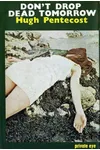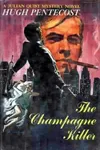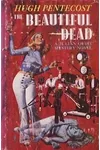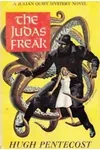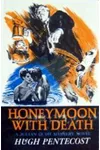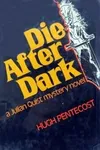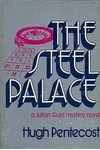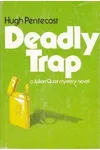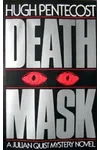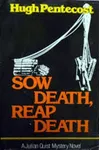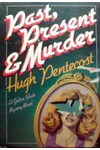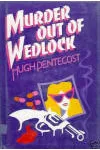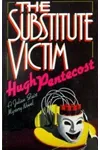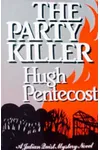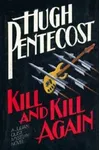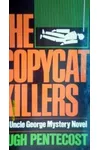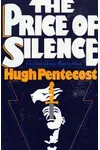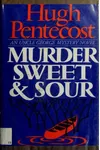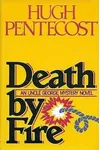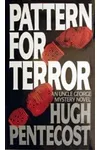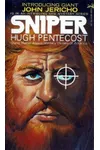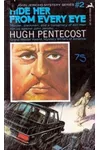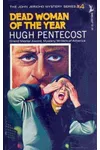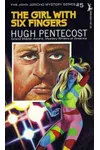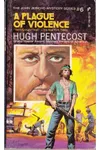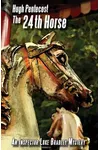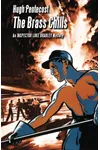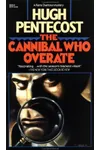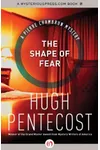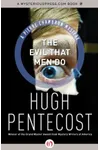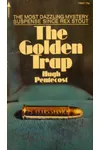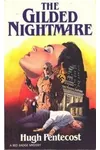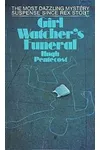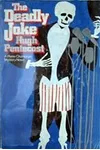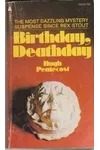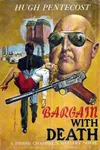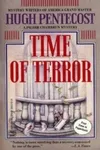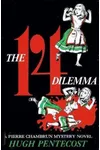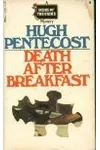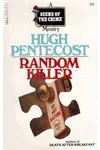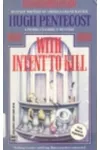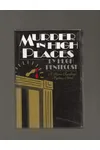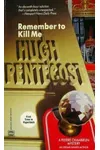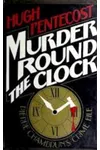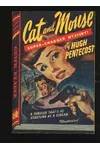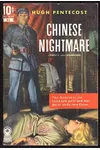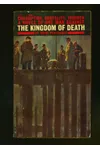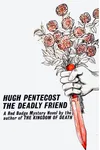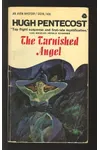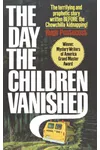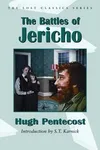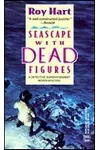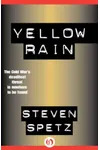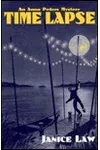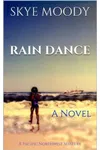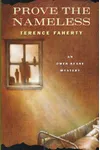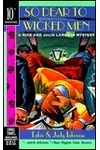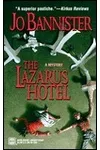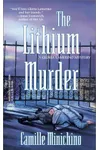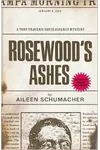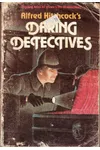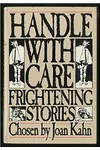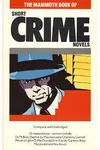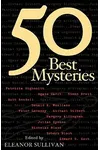Picture a suave hotel manager solving murders among Manhattan’s elite or a gritty detective untangling a stamp collector’s deadly scheme—meet Hugh Pentecost, the pen name of Judson Philips, a master of American mystery! Born in 1903, this prolific writer churned out over a hundred novels and countless short stories, weaving intricate plots and unforgettable characters that kept readers on edge. From pulp magazines to prestigious awards, Pentecost’s thrilling tales defined the golden age of crime fiction.
The Making of Hugh Pentecost
Judson Philips was born on August 10, 1903, in Northfield, Massachusetts, to an opera singer father and an actress mother, with a criminal lawyer great-uncle named Hugh Pentecost—hence the pseudonym. Educated in England and at Columbia University, where he graduated in 1925, Philips dove into writing early, selling his first story, 'Room 23,' to Flynn’s magazine during college. The 1920s and 1930s pulp magazine boom shaped his career, as he penned suspense and sports stories, honing a knack for tight plotting and vivid characters.
Hugh Pentecost’s Unforgettable Stories
Pentecost’s mysteries are a cocktail of clever twists, strong characterization, and settings that pulse with life, from New York’s ritzy hotels to rural New England. His 1939 novel Cancelled in Red, a tale of murder in the stamp-collecting world, won the Red Badge Prize and launched his novel-writing career. Fans adore The Cannibal Who Overate (1962), introducing Pierre Chambrun, a sophisticated hotel manager who solves crimes among the rich and famous with razor-sharp wit. The Day the Children Vanished (1958) grips readers with its chilling premise of a school bus disappearing, showcasing Pentecost’s knack for impossible crimes. His one-legged reporter Peter Styles, debuted in Laughter Trap (1964), brings emotional depth to gritty investigations, reflecting Philips’ passion for justice.
Pentecost’s style blends clear prose with devious plots, making his stories both accessible and surprising. His amateur sleuths, like Chambrun or artist John Jericho, tackle cases with intellect and heart, often against backdrops of social unrest or high society. Whether it’s a terrorist’s bomb threat or a child’s murder, Pentecost’s narratives balance suspense with humanity, earning praise for their 'ingenious plots' and 'smooth transitions.'
Why Hugh Pentecost Matters
Hugh Pentecost’s legacy lies in his ability to craft mysteries that entertain while probing human nature. His Pierre Chambrun series, set in the fictional Beaumont Hotel, redefined the amateur sleuth, blending elegance with grit. In 1973, the Mystery Writers of America honored him with the Grand Master Award, and in 1982, he received the Nero Wolfe Award, cementing his influence. Though some call his work dated, fans cherish the escapism and moral clarity of his stories, which continue to inspire modern crime writers. Philips wrote daily until his death in 1989, leaving behind a treasure trove of suspense that still captivates.
- Born: August 10, 1903, Northfield, Massachusetts
- Key Works: Cancelled in Red, The Cannibal Who Overate, The Day the Children Vanished
- Awards: Mystery Writers of America Grand Master (1973), Nero Wolfe (1982)
Snag The Cannibal Who Overate and dive into Hugh Pentecost’s thrilling world of mystery—your next page-turner awaits!
